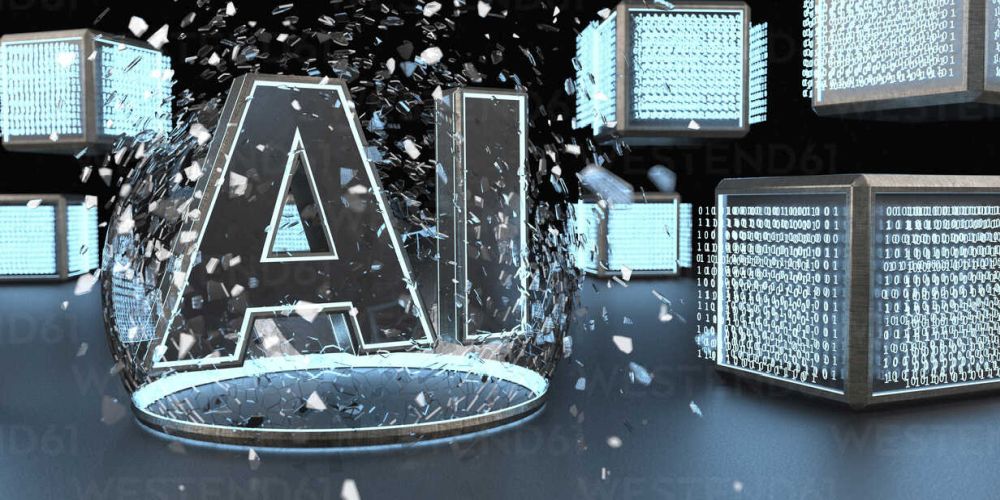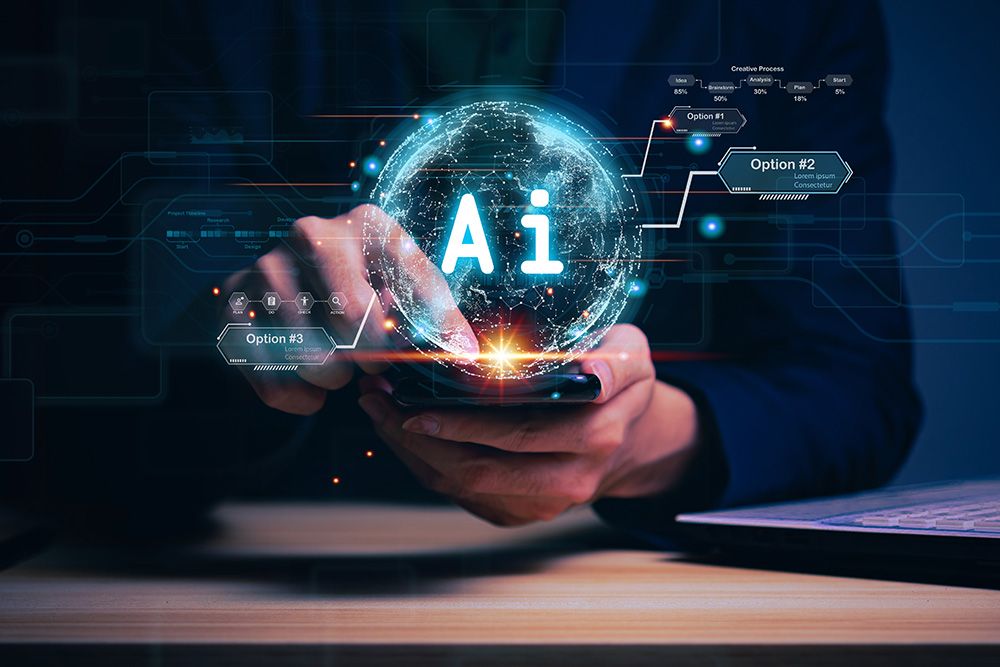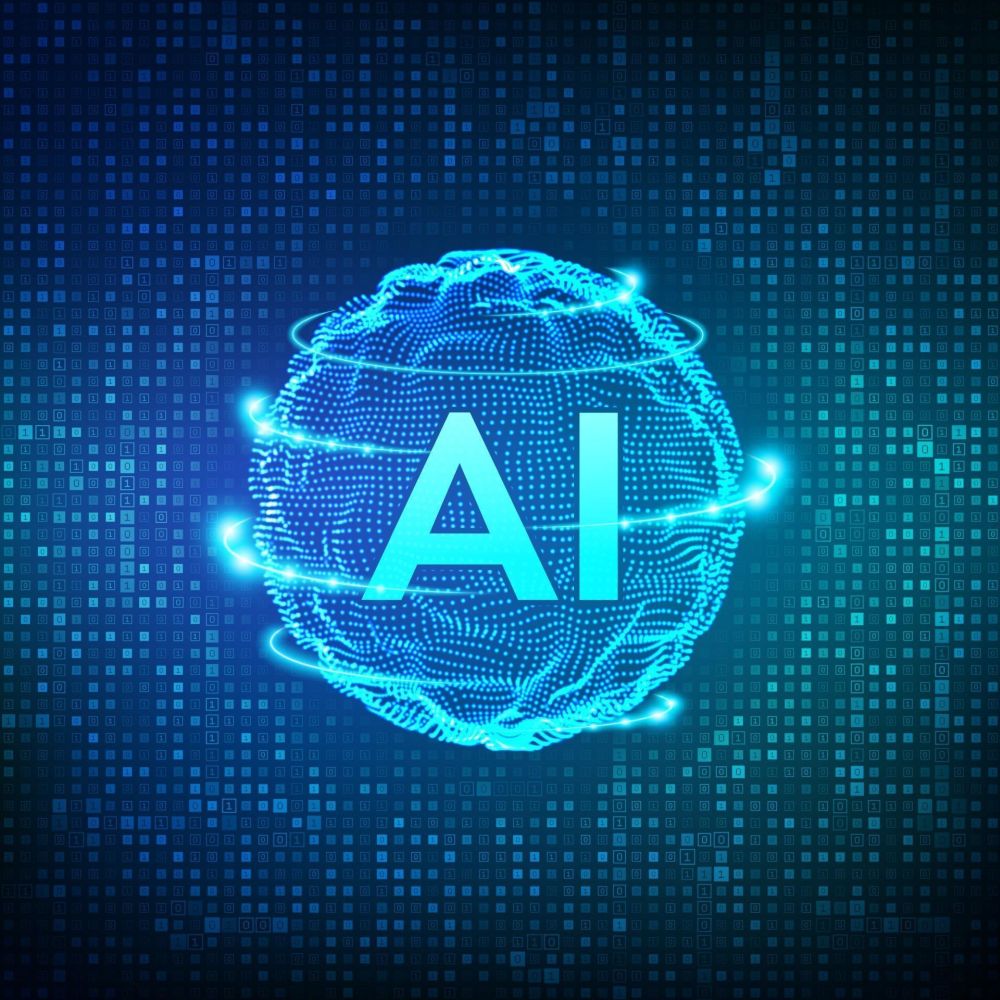Artificial intelligence has become a dominant force in the tech industry, with many questioning whether its rapid growth and massive valuations constitute a bubble. However, there are compelling reasons to believe that AI is not just a passing fad, but a transformative technology with lasting impact. Unlike speculative bubbles of the past, AI is already deeply integrated into various sectors of the economy, from healthcare and finance to manufacturing and transportation. Companies like Microsoft, Google, and Amazon are investing heavily in AI research and development, not as a gamble, but as a strategic imperative to maintain their competitive edge.

The global AI market, valued at USD 454.12 billion in 2022, is projected to reach a staggering USD 2,575.16 billion by 2032, with a compound annual growth rate of 19%. This growth is not based on hype alone but on tangible advancements in AI capabilities. AI systems have surpassed human performance in various benchmarks, including image classification and English language understanding. While there are still areas where AI lags behind human abilities, the rapid pace of innovation suggests that these gaps will continue to narrow.

Unlike previous tech bubbles, the companies leading the AI revolution have strong fundamentals and are generating substantial profits. For instance, Microsoft, with its significant investments in AI, has a market cap of 2.8 trillion and is still growing at 15% year over year. The AI industry is not just about inflated stock prices; it’s about real-world applications that are transforming industries and creating new opportunities. From self-driving cars to AI-powered medical diagnostics, the technology is proving its worth in practical, measurable ways.

Furthermore, the impact of AI extends beyond immediate economic gains. It’s reshaping how we work, learn, and interact with technology. The World Economic Forum expects AI to create 97 million new jobs, even as it displaces others. Governments worldwide are increasing funding for AI initiatives and establishing committees to guide its development, recognizing its long-term significance[2]. While it’s true that some AI stocks may be overvalued in the short term, the underlying technology and its potential for growth suggest that AI is not a bubble, but rather the foundation of a new technological era that will continue to evolve and expand for years to come.

